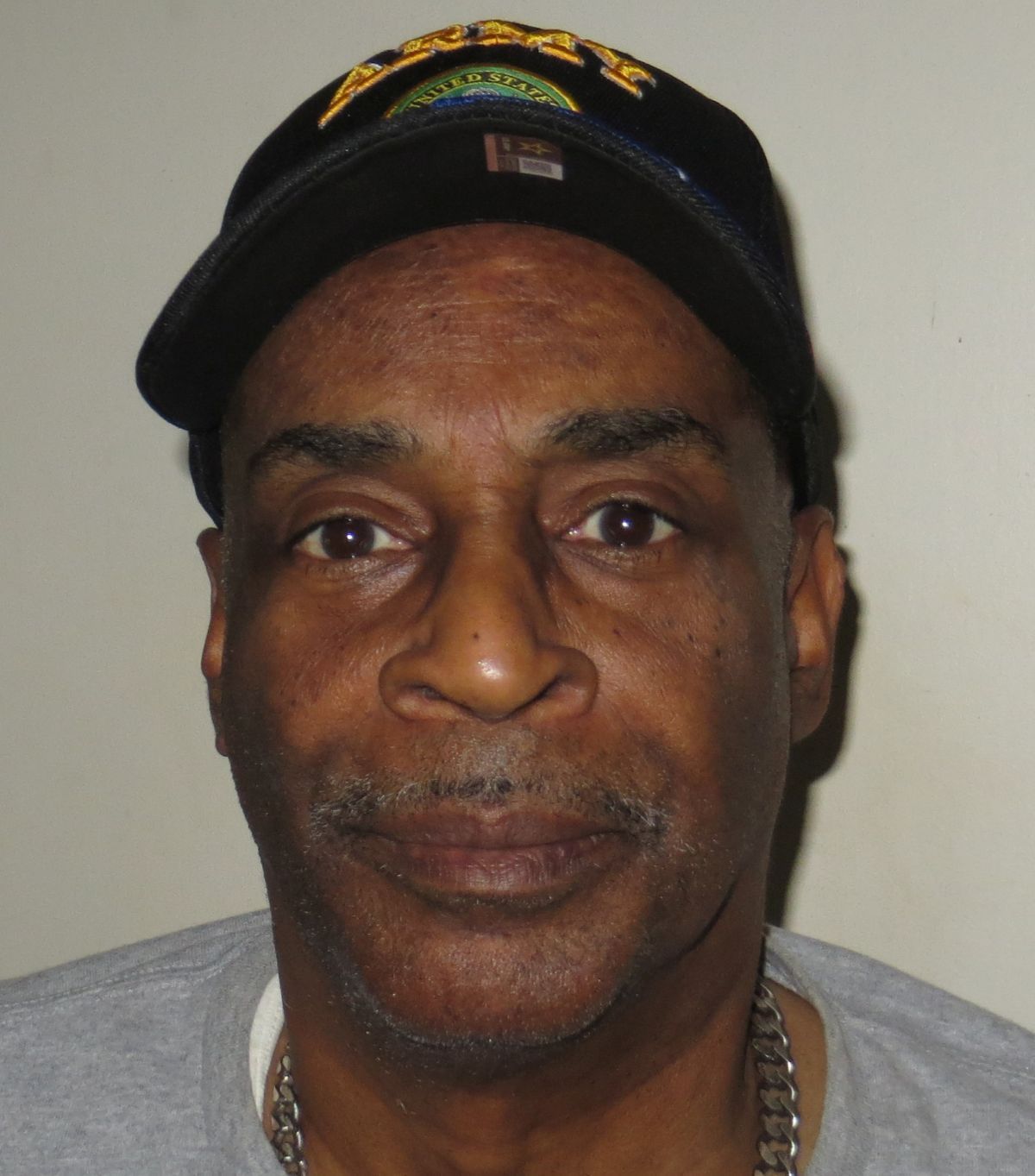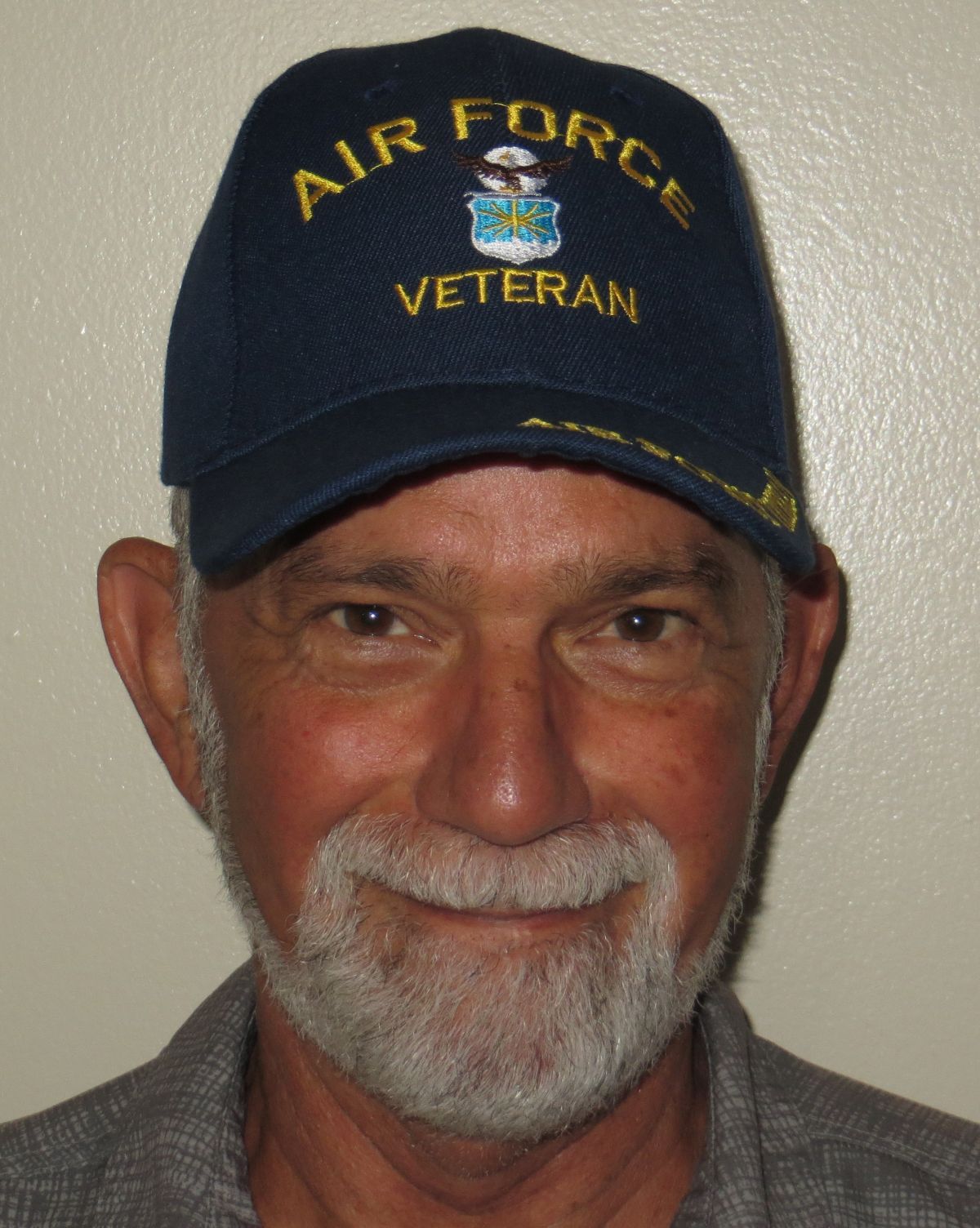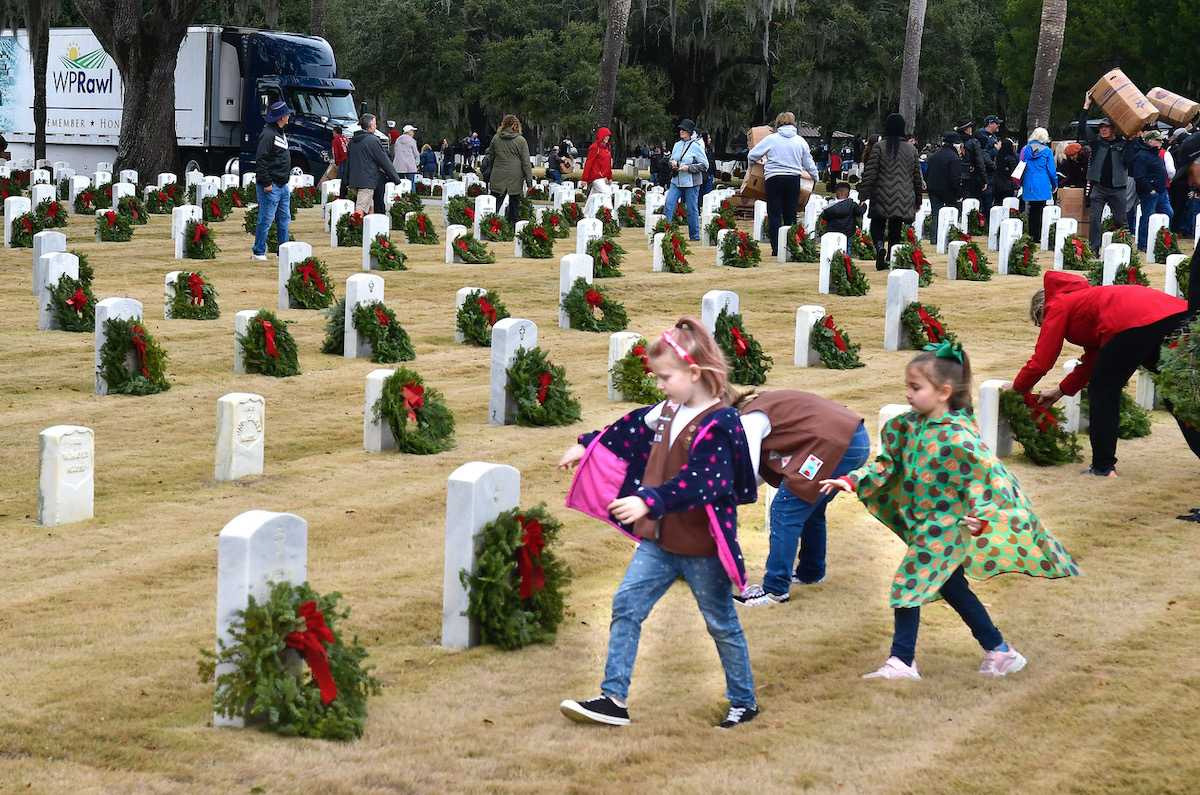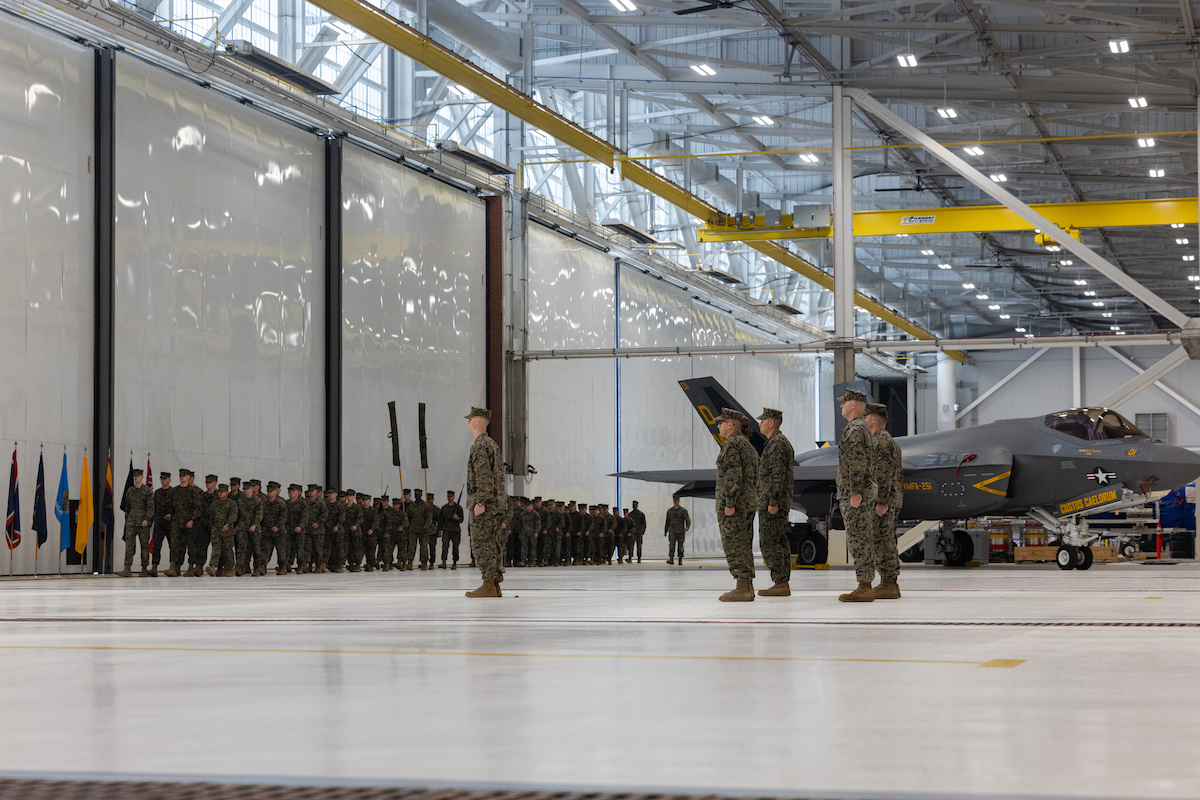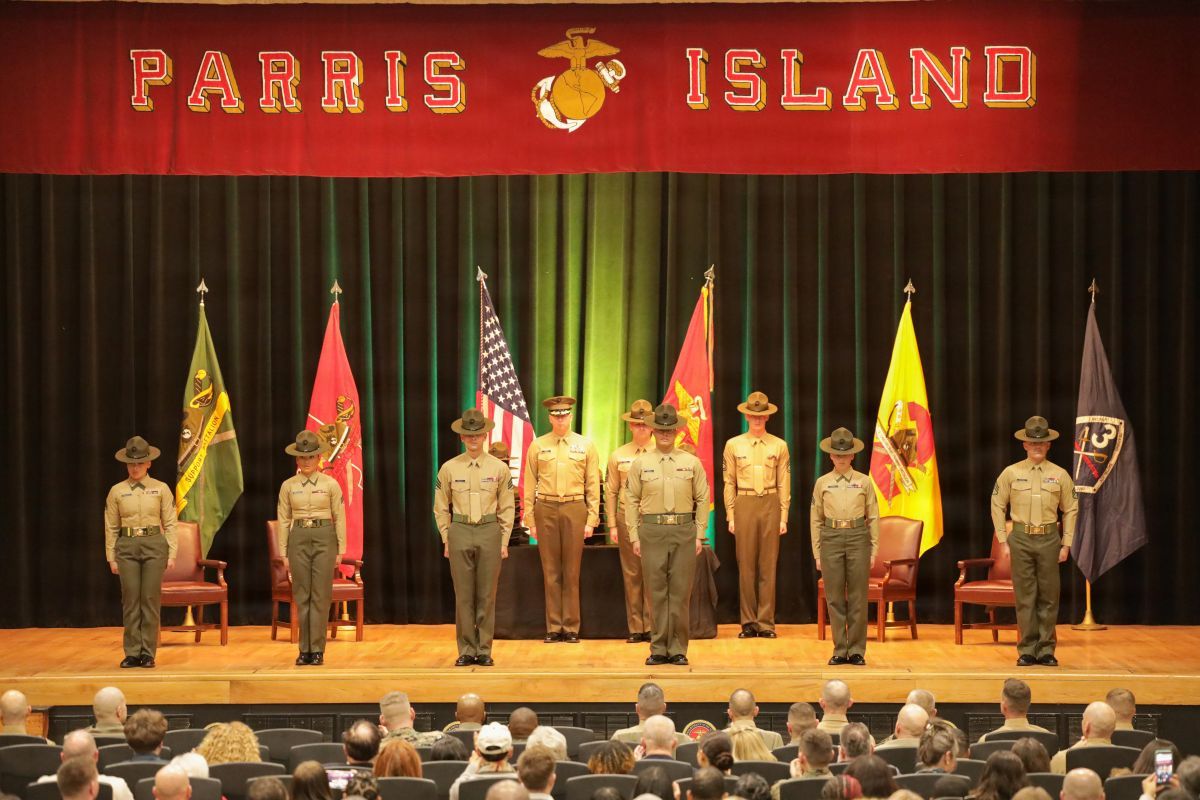By Larry Dandridge
This is the second of four articles on 23 VA benefits for elderly veterans. Last week’s article covered the VA’s pension program (Regular Pension and enhanced benefits of Aid & Attendance and Housebound), Geriatrics and Extended Care Program, and Long-Term Care Program. It also reminded veterans to sign up for VA healthcare, use a Veterans Service Officer to help them file for their VA benefits and services, and ensure they know their social worker. You can read Article 1, dated December 4, 2024, online at https://bit.ly/4grRyEa.
Benefit 3 of 23 — VA Military Service-connected Disability Compensation
A “service-connected disability” is a disability that is related to your active military service. Your disability is assigned a rating (0% to 100%) based on how severely it impacts your daily life. The greater your disability, the higher your rating. VA Disability Compensation is a monthly tax-free payment to veterans who have a service-connected disability. The higher your rating, the higher your monthly payments will be. However, having a disability caused by your active military service does NOT automatically start disability compensation payments. You need to apply for those benefits. It is essential to do this because your service-connected disability status affects the veteran’s VA co-pay and what programs the veteran is eligible for. Work with a VA-accredited Veterans Service Officer (VSO) to file your claims for service-connected disability compensation.
You can search for a VA-accredited representative (VSO, Attorney, or Claims Agent) nationwide at https://bit.ly/3QnCk5M or search for a county Veterans Service Office in South Carolina at https://bit.ly/3qbLVSL or visit your local Veterans Benefits Administration (VBA) Regional Office for assistance. Veteran Service Officers do not charge for this service.
Learn more about VA Financial Benefits/Service Connected Disability at https://bit.ly/3D5XTXI and https://bit.ly/4g8L3qg.
Residential settings and nursing homes
The VA’s “Geriatrics and Extended Care” (Residential Settings and Nursing Homes) webpage at https://bit.ly/41h4Vmj explains the following benefits:
Benefit 4 of 23 — The Community Residential Care program
The Community Residential Care program is for veterans who do not need hospital or nursing home care but cannot live alone because of medical or psychiatric conditions. This type of care occurs in several settings, including Assisted Living facilities, Personal Care Homes, Family Care Homes, Group Living Homes, and Psychiatric Community Residential Care Homes. These places – more than 550 of them across the country – are inspected and approved by VA medical center staff but are chosen by the Veteran. Learn more at https://bit.ly/4g6iKJ4 and by talking to your VA Social Worker.
Benefit 5 of 23 — Medical foster homes
Medical foster homes are private homes where a trained caregiver provides services to a few individuals. Some, but not all, residents are veterans. A medical foster home can serve as an alternative to a nursing home. It may be appropriate for veterans who require nursing home care but prefer a non-institutional setting with fewer residents.
Medical foster homes are private residences where the caregiver and relief caregivers provide care and supervision 24 hours a day, seven days a week. This caregiver can help the veteran carry out activities of daily living, such as bathing and getting dressed. The VA ensures that the caregiver is well-trained to provide VA-planned care.
While living in a medical foster home, veterans receive home-based primary care. Veterans can find a list of current VA Medical Centers (The Ralph H. Johnson VA does not have a program) with medical foster home programs at https://bit.ly/41liRfk. Learn more at https://bit.ly/3ZqEwQF and by talking with your VA Social Worker.
Benefit 6 of 23 — Adult family homes
Adult family homes are private homes where a few residents (six of fewer) rent rooms. The homes have shared common spaces, and veterans might share a bedroom and bathroom with another person.
A trained caregiver is on duty 24 hours a day, seven days a week. This person can help the veteran with daily activities (e.g., bathing and dressing). The VA may also be able to provide a health professional (e.g., a nurse) to come to the adult family home and give the veteran extra care.
The VA does not pay for the veteran’s rent, which usually includes basic services. However, the VA may pay for some additional services, such as nurse visits, that a veteran may need in an adult family home. Learn more at https://bit.ly/3ZONuHN and by talking with your VA Social Worker.
Benefit 7 of 23 — Traumatic brain injury — residential rehabilitation (TBI-RR)
TBI-RR is a residential rehabilitation program that the VA purchases on behalf of veterans with TBI and other brain injuries. Veterans must need neurobehavioral treatment in a protective environment, and their care needs cannot be met in a nursing home or on an outpatient basis to be eligible for this care.
VA purchases the services in these facilities, but the VA is prohibited from paying the full cost. The veteran is responsible for payment of room and board, which is generally $30 to $40 per day.
Veterans must be enrolled in the VA for their health care and be eligible for the VA’s Community Care Program to receive these services. Services include physical, occupational, and speech therapy, behavior management therapy, nursing services, health aide services, and activities.
TBI-RR is not uniformly available across the country, and the veteran may need to relocate to receive these services. The veteran and family should discuss this option with their VA primary care provider and the TBI coordinator at their local VA medical center. Learn more at https://bit.ly/4f8YLs0 and by talking with your VA Social Worker.
Benefit 8 of 23 — Assisted living
Assisted living facilities are places where veterans can live in a rented room or apartment. There are some shared living spaces, like a dining room. In some facilities, the veteran could have their own kitchen or kitchenette.
A trained caregiver is on duty 24 hours a day, seven days a week. This person can help the veteran with activities of daily living (e.g., bathing and getting dressed). Veterans may also be able to have the VA arrange for a health professional (e.g., a nurse) to visit and give them extra care.
The VA does not pay the veteran’s rent, which usually includes basic services. However, the VA may pay for some of the additional services the veteran may need in an Assisted Living Facility. Learn more at https://bit.ly/3ZpTIgZ and by talking with your VA Social Worker.
Continued next week.
Larry Dandridge is a Vietnam War wounded warrior, disabled veteran, ex-Enlisted Infantryman, ex-Warrant Officer Pilot, and retired Lt. Colonel. He is a past Veterans Service Officer, a Patient Adviser at the RHJ VA Hospital, the Fisher House Charleston Good Will Ambassador, and the VP for Veteran Affairs for the local Army Association Chapter. Larry is the author of the award-winning book Blades of Thunder and a contributing freelance writer with The Island News. Contact him at LDandridge@earthlink.net or 843-276-7164.


